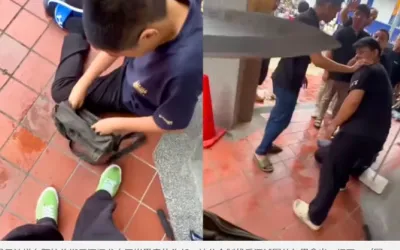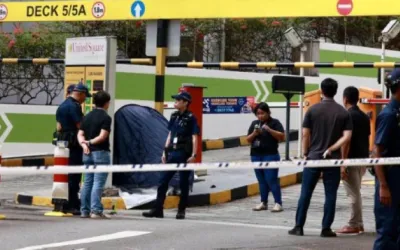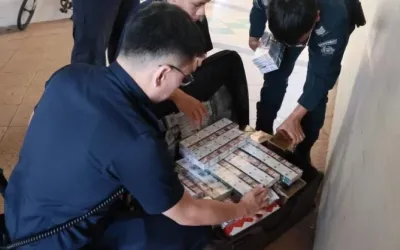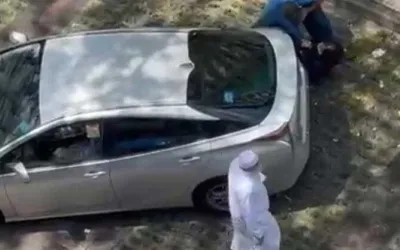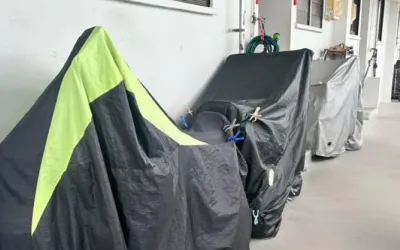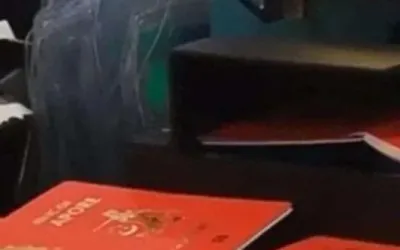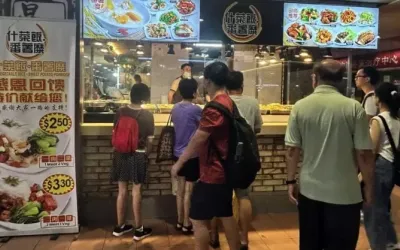2024年4月3日,新加坡貿工部兼文化、社區及青年部政務部長陳聖輝,回答議員黃文鴻有關發展補助、培訓補助、基本支持補助和特殊補的問題。
以下內容為新加坡眼根據國會英文資料翻譯整理:
議員黃文鴻還提到在取消註冊官對合作社發行債券和債務憑證的批准要求的情況下,哪些保障措施可以用來防止出現籌集的資金被濫用或資金管理不善的問題。
我想向議員黃文鴻保證,國家文化、社區及青年部意識到合作社在運營中需要更多靈活性。在債券和債務憑證的發行方面,由於合作社已經受到相關法律的約束,因此不需要額外的由註冊官批准。在進行此類發行時,合作社的管理層必須向潛在投資者解釋債券和債務憑證的結構,以及這些資金的用途。作為一個基於成員的組織,在資金管理方面,合作社的管理委員會對其成員最終負責。如果發現任何合作社資金管理不善,註冊官將根據《合作社法》採取行動。
第五,議員們提出了關於支持和發展合作社的問題。為此,我感謝議員們認識到合作社在我們社會中發揮的重要作用,以及國家文化、社區及青年部和國家合作社聯合會在合作社行業發展中提供的支持。
議員朱倍慶建議研究如何幫助中小企業利用生產率補助來實現現代化。正如我提到的,合作社可以獲得合作社基金(CCF)的補助。國家文化、社區及青年部和國家合作社聯合會保持密切合作,以確保補助的相關性。在過去五年中,合作社基金向合作社發放了約270萬美元的補助。合作社基金給與了符合條件的新合作社的啟動資金補助,同時,合作社還可以申請發展補助、培訓補助、基本支持補助和特殊補助,以應對新出現的風險和需求。
國家文化、社區及青年部還對國家合作社聯合會組織的會議和活動給與支持,增進對數據保護、可持續發展和網絡安全等主題的認識。
議員李堅輝建議建立共享秘書服務以協助資源有限的合作社。他還建議提供一個共享服務解決網絡安全威脅和新技術採用等問題。議員葉漢榮詢問政府是否可以幫助較小的合作社實現數字化。
我想議員知道,由於合作社需求的多樣性,很難標準化共享服務的工作範圍。我們通常會提供合作社基金髮展補助,這使合作社能夠靈活地聘請合適的服務商來滿足其獨特的運營需求,並根據其具體要求來定製這些計劃。儘管如此,我認為這是一個非常好的建議,因此,我們願意適時在合作社覺得有用的情況下,與國家合作社聯合會一起會探索集中服務。
我們還與國家合作社聯合會合作提高人們對網絡安全等新問題的認識,並提供合作社基金網絡安全補助,共同資助推薦的基於訂閱的解決方案,以管控李議員和葉議員提到的網絡安全風險。

以下是英文質詢內容:
Mr Don Wee also touched on removing the requirement for Registrar’s approval for the issuance of bonds and debentures by co-ops. He asked what safeguards will be in place to prevent misuse or mismanagement of funds raised through such instruments.
Sir, I would like to assure Mr Don Wee that MCCY is mindful that co-ops need more flexibility in their operations. Since co-ops are already subjected to relevant laws on issuance of bonds and debentures, there is no need for an additional layer of Registrar’s approval. When making such issuances, the co-op’s management must explain to potential investors the structure of the bonds and debentures, and how these proceeds will be used. As a membership-based organisation, the co-op’s COM is ultimately accountable to its members for the management of the co-op’s funds. Should any co-op be found to have mismanaged its funds, the Registrar will take action under the Act.
Fifth, Members asked questions about support for and development of the sector. To this end, I thank Members for recognising the important role that co-ops play in our society as well as the support that both MCCY and SNCF provides in the development of our co-op sector.
Mr Desmond Choo suggested studying how to help co-ops modernise and use productivity grants that are available for small and medium enterprises (SMEs). As I mentioned, co-ops can access grants from the CCF. MCCY also works closely with SNCF to ensure the grants remain relevant. Over the last five years, CCF disbursed about $2.7 million in grants to co-ops. In addition to grants to assist eligible new co-ops with start-up costs, co-ops can also apply for development grants, training grants, basic support grants and special grants, that address emerging risks and needs.
MCCY has also supported conferences and events organised by SNCF to raise awareness of topics such as data protection, sustainability and cybersecurity.
Mr Mark Lee suggested exploring the feasibility of a shared secretariat service to assist co-ops with limited resources. He also suggested a shared service that could address concerns such as cybersecurity threats and the adoption of new technologies. Mr Yip Hong Weng also asked if Government could help smaller co-ops digitalise.
Members will know that it is challenging to standardise the scope of works for shared services given the diverse needs of co-ops across the co-op sector and spectrum. Our general approach is to provide the CCF Development Grant, which gives co-ops flexibility to engage suitable service providers to meet their own unique operational needs and to tailor these programmes to their specific requirements. Nevertheless, I think it is a very good suggestion and so, we are open to exploring with SNCF and the sector on centralised services where it is appropriate and where co-ops find it useful.
We also work with SNCF to raise awareness of emerging issues such as cybersecurity, as well as offer a CCF Cybersecurity Grant which co-funds a recommended subscription-based solution to manage cybersecurity risks that Mr Lee and Mr Yip mentioned earlier.
FS丨編輯
HQ丨編審
新加坡國會丨來源

